Traditional payment methods and cryptocurrencies are beginning to share the same space, all thanks to some innovative steps taken by companies like Visa. At the recent Blockchain Economy Dubai Summit, Akshay Chopra, who oversees innovation and design for Visa, shed light on how the company has been pioneering this integration.
Chopra pointed out that although many people are invested in cryptocurrencies, using it for regular purchases such as coffee still isn't a widespread practice. Recognizing this gap, Visa collaborated with 75 top cryptocurrency exchanges in 2021, enabling them to release Visa-branded cards. This partnership extended an opportunity to a vast base of 80 million merchants to cater to customers who favor cryptocurrency for transactions. According to Chopra, this move alone facilitated transactions worth $3 billion in 2021, a figure that wasn't widely known before.
Chopra identified this as just one of the myriad ways in which traditional financial entities could leverage the expanding Web3 domain. The executive also emphasized that current transaction methods between banks, such as the SWIFT system, have their setbacks. For instance, they aren't operational round the clock. He illustrated this with an example, mentioning how banks handle trillions in transactions daily, but there's a stipulated timeframe after which international transactions cannot be processed. This restriction, Chopra notes, is inefficient and costly.
In an attempt to address this, Visa tested a solution with Circle utilizing USD Coin (USDC). This test allowed several cryptocurrency exchanges to finalize payments using USDC at the day's end. The method, as Chopra explains, is cost-effective, available at all times, and represents a forward-thinking approach. The process involves sending the USDC amount, after which Visa takes charge of the funds via the Ethereum blockchain.
However, the road isn't entirely smooth. Regulatory barriers can often be stumbling blocks for mainstream financial organizations wanting to embrace blockchain and cryptocurrency payments. Despite challenges, Chopra remains optimistic, citing progressive regulatory frameworks in places like the United Arab Emirates that involve industry stakeholders in discussions to shape future-focused regulations.
In recent news, Visa announced a comprehensive plan in April 2023 to further the use of stablecoin and public blockchain payments among mainstream banks. Furthermore, the company plans to allocate $100 million towards exploring groundbreaking AI-driven solutions in the payments and commerce sector via Visa Ventures.






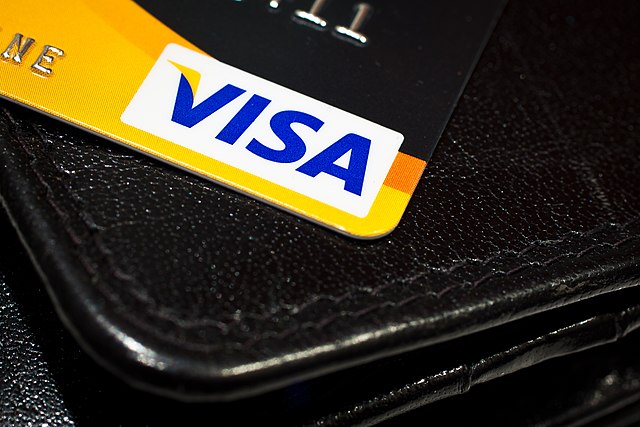

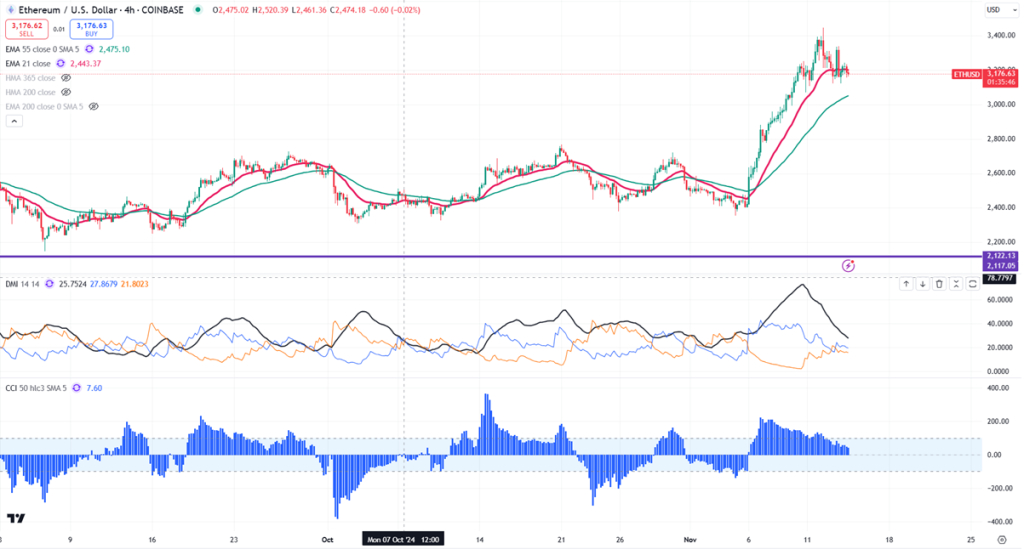
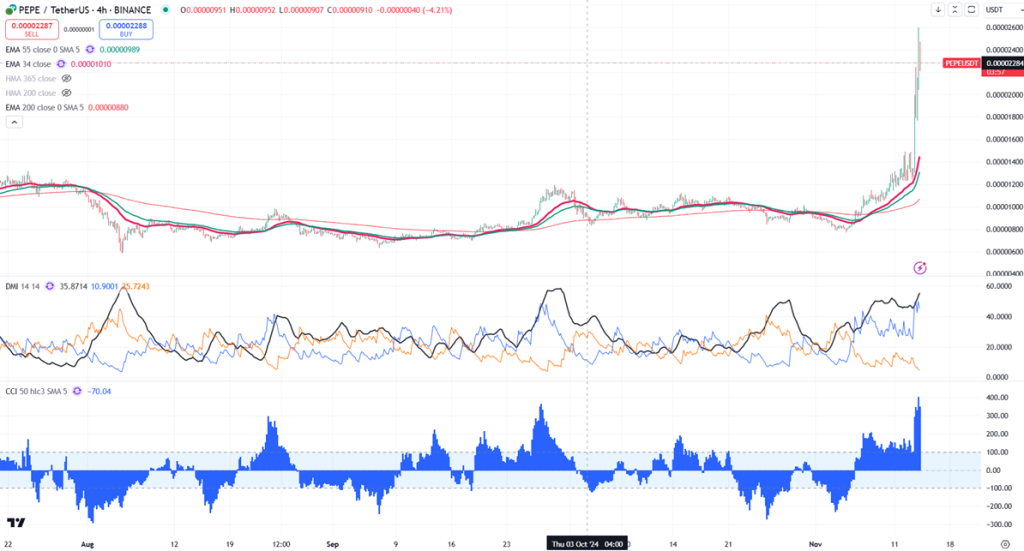
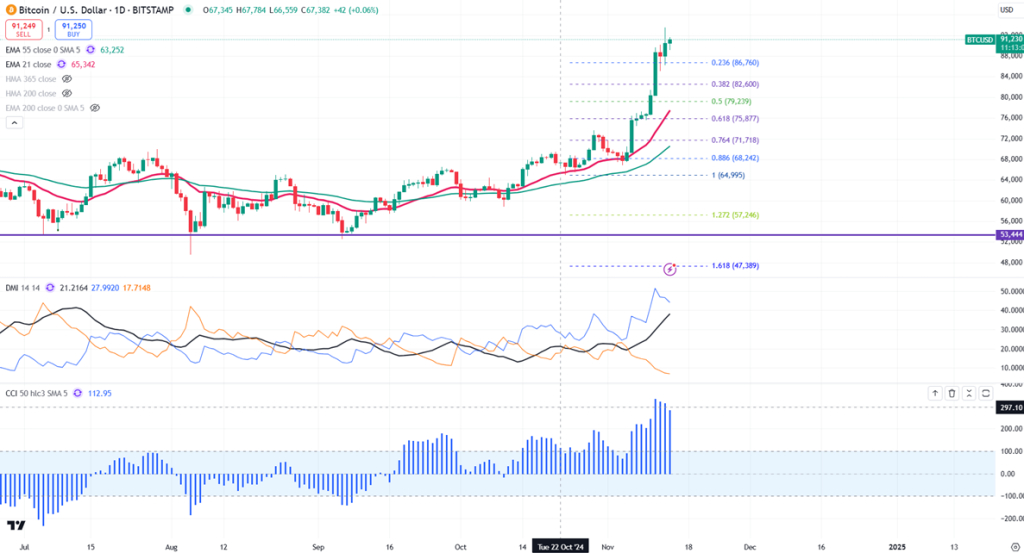
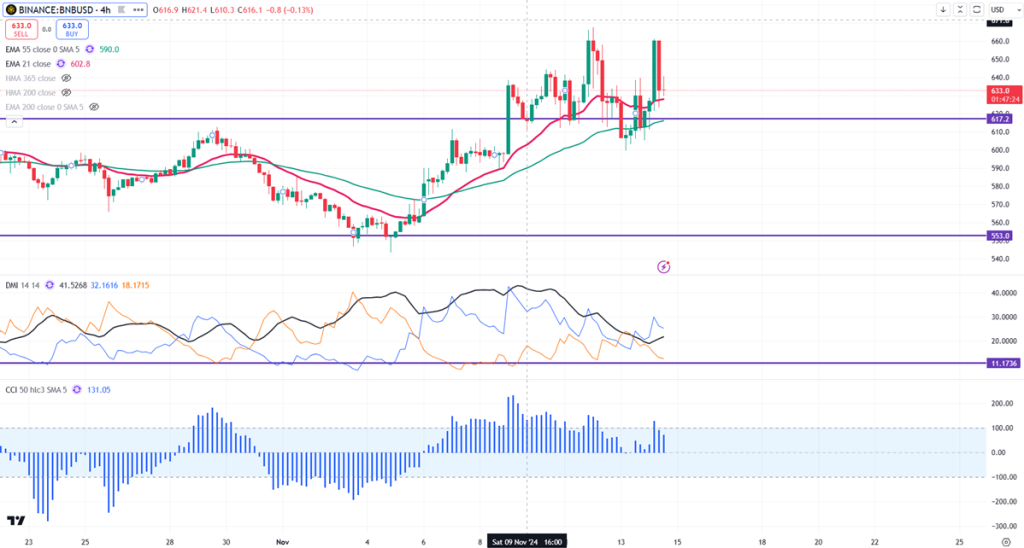
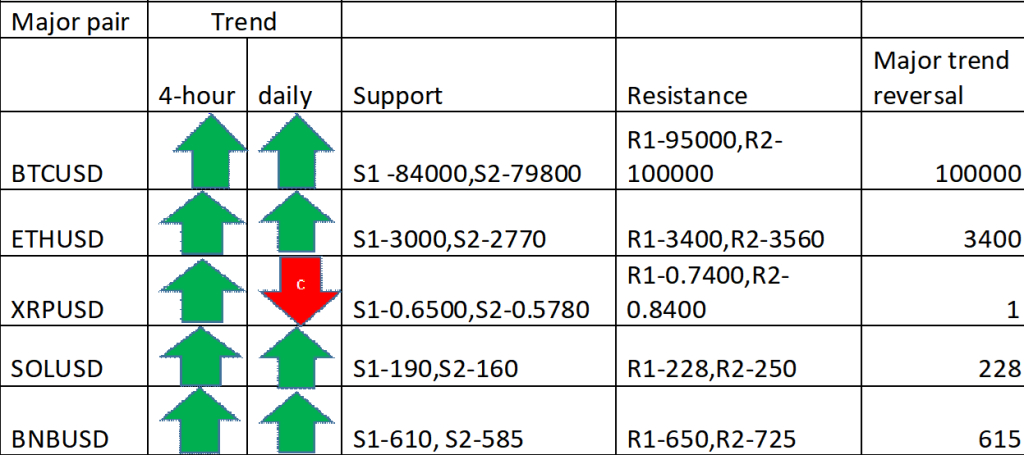

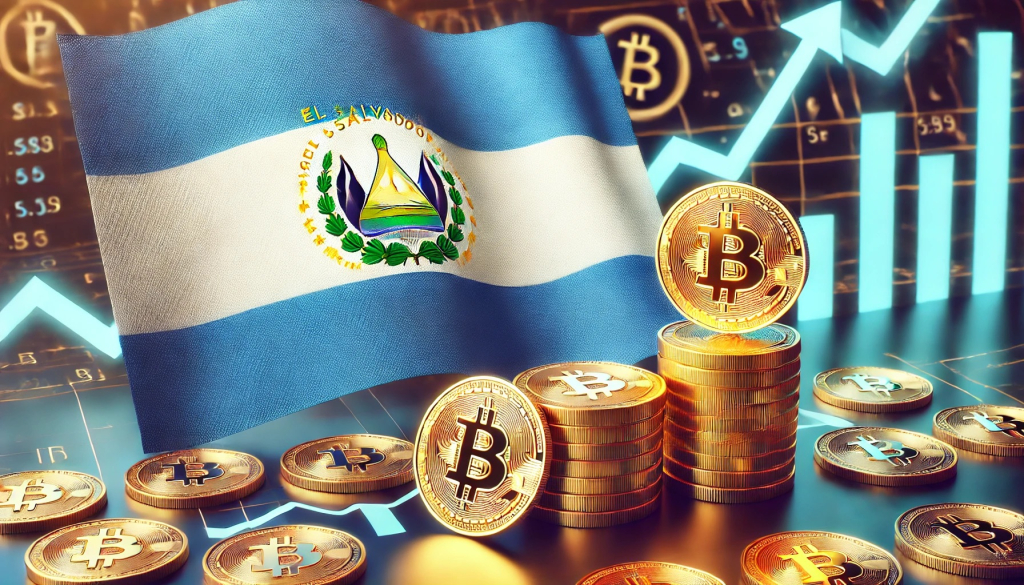











Comment 0